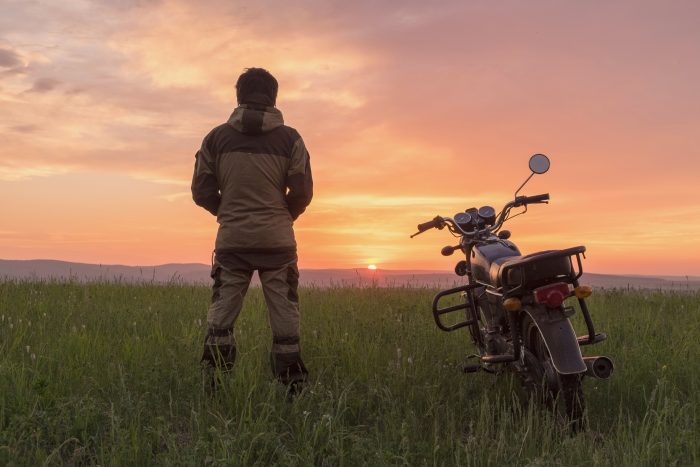D. None of the Above: Dropping unwanted baggage makes it easier to move ahead
By Daniel Dunaief

As we reach the beginning of December, we are only a month away from the inevitable promises to shed unwanted pounds.
Today, however, only a few days after our journeys to visit friends and families for Thanksgiving, I’d like to urge you to consider shedding unwanted baggage.
Metaphorically, we all lug unwanted baggage with us — remembering the spot where a girlfriend or boyfriend broke up with us; the moment we decided to substitute the wrong player in a game we were coaching; and the time our teacher gave someone else partial credit for the same answer on which we received no credit.
Some of that baggage is constructive, giving us the tools and the memory to learn from our mistakes and to have a perspective on the things that happen to us.
We might, for example, learn to cope with losses on the athletic field more gracefully when recalling how we felt the time we shouted at a coach, an umpire or an opposing player. Days, weeks, or years later, we might realize that we have the tools and the distance to understand the moment better and to develop a grace we might not have possessed when we were younger.
Extending the baggage metaphor, it seems that the more we carry with us everywhere, the harder it is to move forward. Baggage, like those unwanted pounds that make it harder to hike up a hill or to climb stairs, keeps us in place, preventing us from improving and moving forward.
Shedding pounds, which isn’t so easy itself, has a prescribed collection of patterns, often involving an attention to the foods we might mindlessly eat and a dedication to exercise.
But how do we get rid of the emotional baggage that gets in our way? What do we do to move forward when the burdens around us weigh us down?
For starters, we might learn to forgive people for whatever they did that annoys or puts us down. Forgiveness isn’t easy, of course. We sometimes hold onto those slights as if they are a part of our identity, becoming a doctor to show our biology teacher who didn’t believe in us that we are capable and competent or developing into a trained athlete after a neighbor insulted us.
Holding onto those insults gives other people unnecessary power over us. We can and should set and achieve our goals because of what we want and not because we continue to overcome limits other people tried to set for us.
We also might feel weighed down by our own self-doubt. As I’ve told my children, their peers and many of their teammates, we shouldn’t help our competitors beat us. Believing the best about ourselves is difficult.
We also don’t, and won’t, always win. It’s easier to carry the memories of the times we failed a test or when we didn’t reach the top of the mountain on a hike. Carrying those setbacks around with us for anything other than motivation to try again or to go further than we did before makes it harder to succeed.
Now is the time to set down that baggage, to walk, jog or even run forward, unencumbered by everything that might make us doubt ourselves and our abilities and that might make it harder to achieve our goals. While all that baggage might feel familiar in our hands, it also digs into our palms, twists our fingers and slows our feet.
Even before we resolve to eat better, to exercise, to lose weight and to look our best, let’s check or even cast aside our emotional and psychological luggage. Maybe dropping that baggage in the last month of the year will make achieving and keeping our New Year’s resolutions that much easier.







